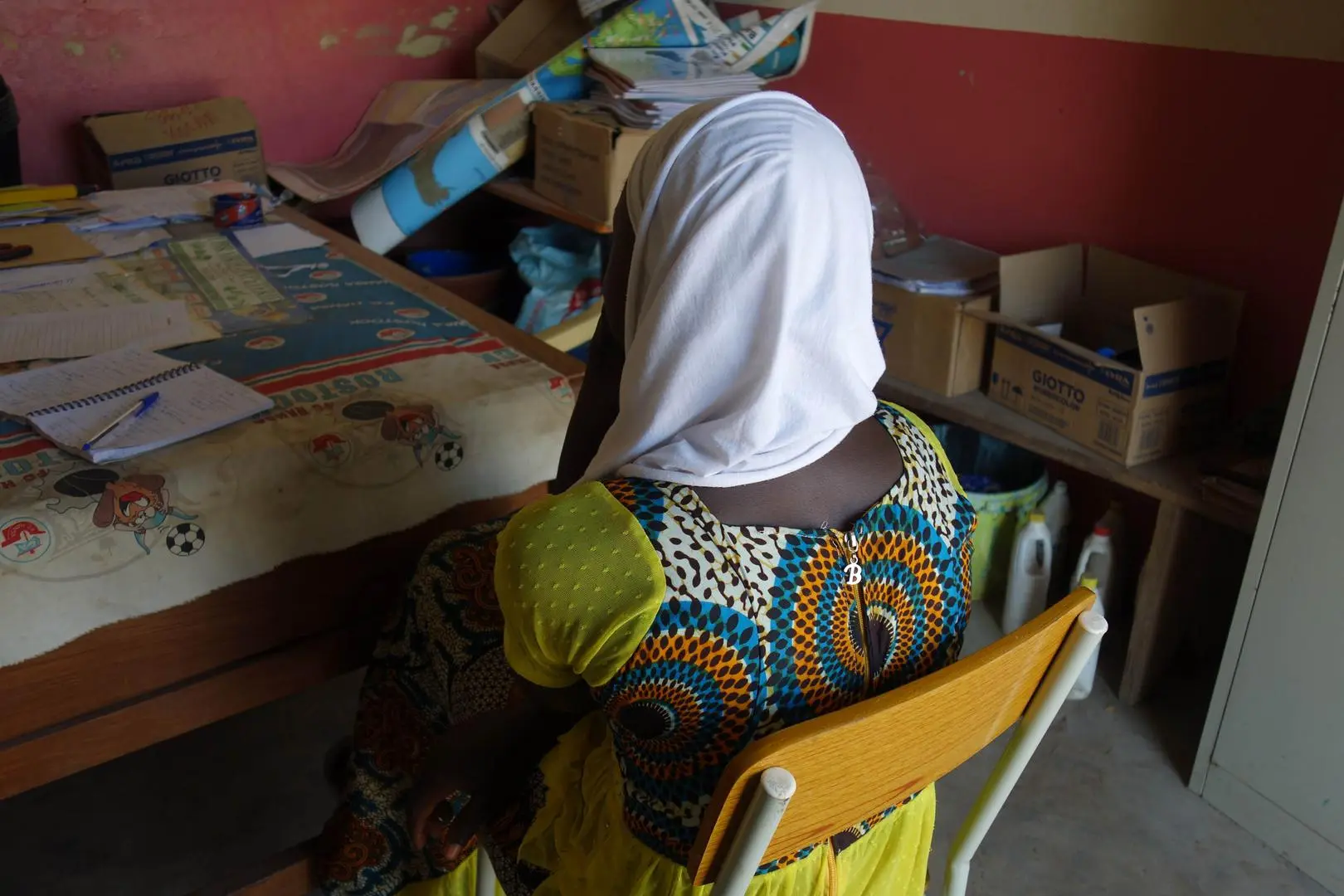
A disturbing case of alleged sexual abuse by a teacher at a private school in Keur Massar, Senegal, came to light after a wave of social media reports sparked a police investigation.
The revelations began in mid-June on the X platform, where users called on the National Police to act following a viral TikTok live stream in which students described alleged assaults.
The initial messages detailed claims of sexual violence perpetrated by an English teacher at Miroir de l’Avenir secondary school against several students.
The online posts also hinted at compromising recordings, urging authorities to investigate promptly. Within hours, the story gained traction as classmates of the victims shared their experiences through successive TikTok live streams, generating widespread public outcry.
Authorities responded swiftly, with the Vice Squad opening an investigation that confirmed multiple complaints. Local media reports indicate that at least four students, aged 17 to 19, have come forward as formal complainants.
The accused teacher was intercepted while attempting to flee towards the Mauritanian border, a move that raised further suspicions.
Investigators have also questioned the school’s director and several witnesses, incorporating testimonies and digital evidence into the case file. These converging accounts have strengthened the case against the teacher.
Beyond the immediate shock of the allegations, this case has reignited concerns about safeguarding mechanisms within educational institutions. Questions are being raised about how such abuses could occur undetected in a setting meant to protect minors. The roles of school management, supervision procedures, and the culture of silence surrounding abuse are under scrutiny.
The case also illustrates the power of digital citizen activism. Social media platforms like TikTok proved instrumental in breaking the silence and accelerating official action. However, it also exposes glaring gaps in safe and effective reporting channels within schools.
As the investigation proceeds, the Keur Massar case stands as a stark reminder of ongoing vulnerabilities in monitoring educational staff and highlights the urgent need to reinforce prevention measures across Senegal’s public and private schools.



